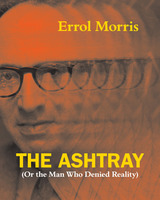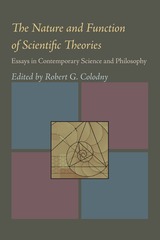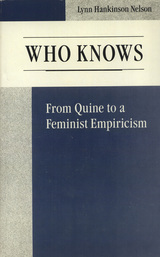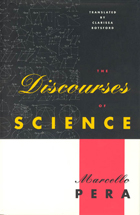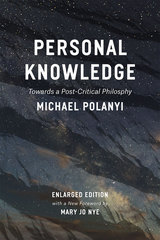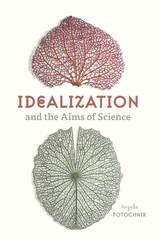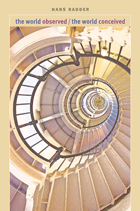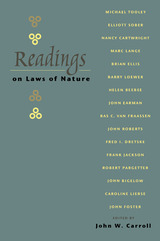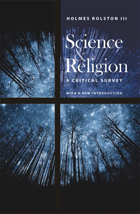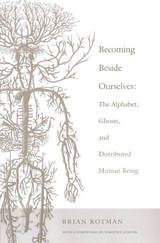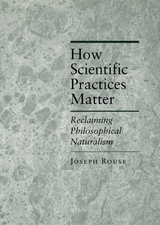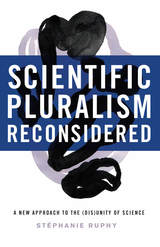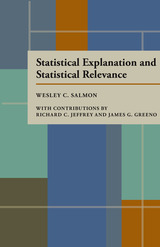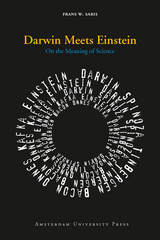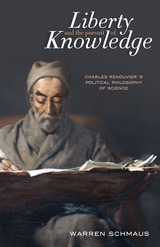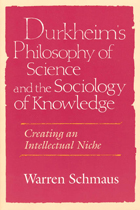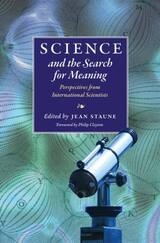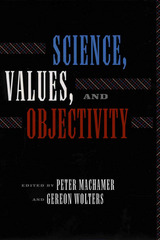Cloth: 978-0-8229-4284-9 | Paper: 978-0-8229-6227-4 | eISBN: 978-0-8229-7106-1
Library of Congress Classification Q175.R23 2006
Dewey Decimal Classification 501
Observation and conceptual interpretation constitute the two major ways through which human beings engage the world. The World Observed/The World Conceived presents an innovative analysis of the nature and role of observation and conceptualization. While these two actions are often treated as separate, Hans Radder shows that they are inherently interconnected-that materially realized observational processes are always conceptually interpreted and that the meaning of concepts depends on the way they structure observational processes and abstract from them. He examines the role of human action and conceptualization in realizing observational processes and develops a detailed theory of the relationship between observation, abstraction, and the meaning of concepts.
This book provides a critical analysis of the work of various other philosophers and their accounts of scientific and ordinary-life observation and conceptualization. Radder discusses the formation and nature of concepts and demonstrates how concepts structure the phenomenal world. He then introduces and defines the notions of extensible concepts, abstraction and nonlocal meanings and explores the philosophical implications of his theory.
The World Observed/The World Conceived offers fresh insights in practices of observation and conceptualization, that will prove useful to many areas of scholarly study including ontology, epistemology, philosophy of language, philosophy of science, science studies, and cognitive science.
See other books on: Movements | Phenomenology | Philosophy & Social Aspects | Radder, Hans | Science
See other titles from University of Pittsburgh Press




